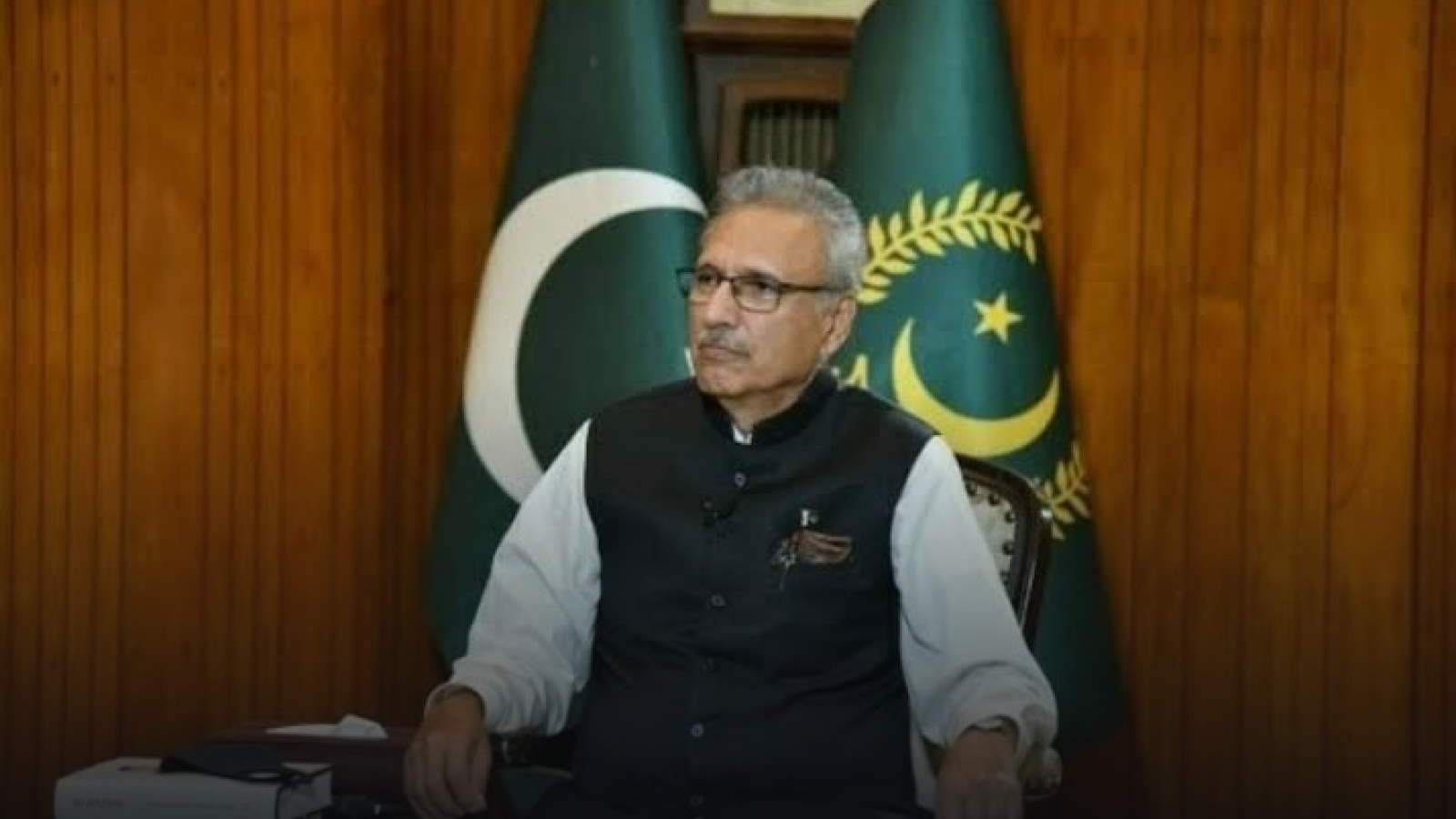On August 9, 2023, President Arif Alvi took a significant constitutional step by signing a summary for the dissolution of the National Assembly, marking a critical juncture in the political landscape of the country. The decision followed months of political turmoil, marked by internal conflicts within the ruling coalition, policy disagreements, and mounting public dissatisfaction with the government’s performance. President Alvi’s action brings the current legislative term to an end and triggers the process for holding new general elections. The dissolution of the National Assembly was anticipated, as the political discourse had been dominated by speculation regarding an impending snap election. This move is expected to pave the way for fresh mandates and potentially a reconfiguration of power dynamics in the country. The dissolution of the National Assembly will prompt the Election Commission to announce a schedule for the upcoming elections, allowing political parties to strategize and mobilize their campaigns. As the nation enters this phase of political transition, attention will now shift towards the formation of interim governments at the federal and provincial levels to oversee the electoral process impartially. The decision to dissolve the National Assembly underscores the challenges and opportunities that lie ahead for the country. The electorate will play a crucial role in shaping the future direction of governance through their votes, while political parties will work to articulate their visions and policies to gain public trust. As the process unfolds, the nation will be closely watching how this political reset unfolds and its impact on the trajectory of the nation.


